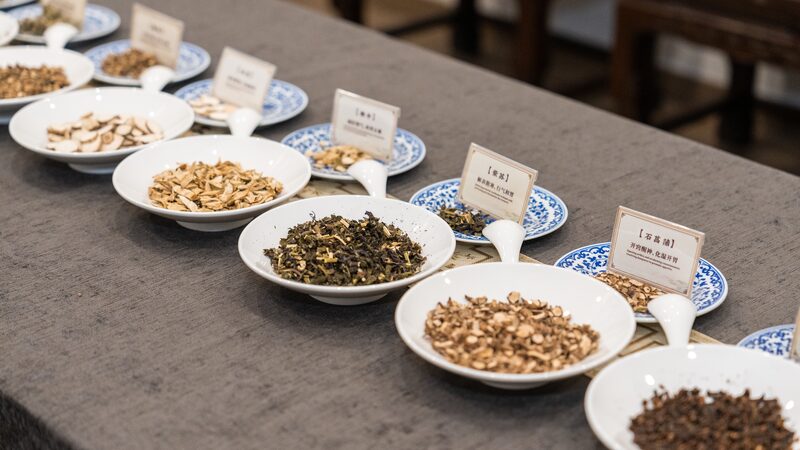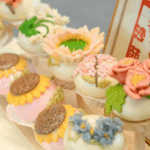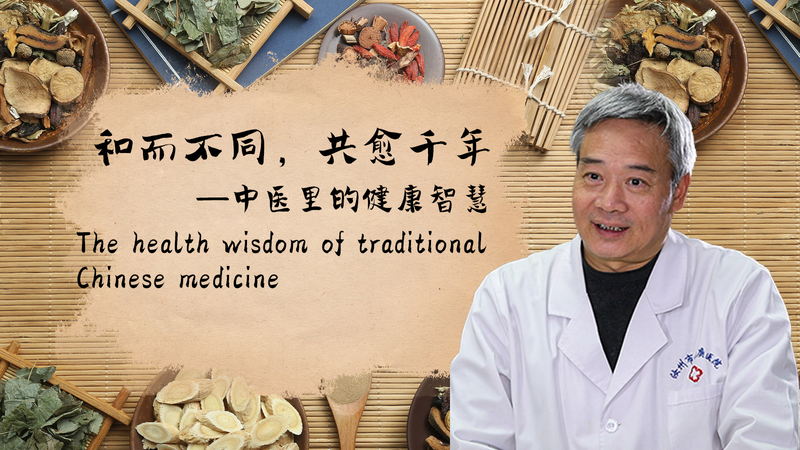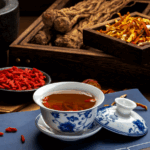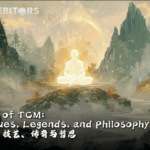In today's fast-paced world, a vibrant trend is emerging among young Chinese: embracing traditional herbal medicine for a healthier and more balanced lifestyle.
At Tong Ren Tang's health bar, a historic traditional Chinese medicine (TCM) brand established in the 17th century, college student Feng eagerly lines up for a latte infused with goji berries—an ancient herb celebrated for its liver-protecting and eyesight-enhancing properties.
Popular choices among young customers also include boba tea with ginseng and Americano mixed with mangosteen, blending health benefits with modern convenience. \"I like this new kind of consumption because it's both healthy and convenient,\" Feng shares.
Traditionally, health and wellness practices were the domain of the middle-aged and elderly. However, a growing number of young people are now adopting these wholesome habits, sparking a nationwide trend tailored just for them.
Take Zheng Wanying, an employee at a Beijing securities company, who starts her day with homemade tea infused with jujube, longan, and rose petals. In the evenings, she unwinds with a foot bath containing vinegar, ginger, and Sichuan pepper. \"The flower and fruit tea promotes blood circulation and skin whitening, while the foot bath alleviates coldness and reduces swelling,\" she explains. These anti-aging routines help her maintain a youthful appearance.
In Guangxi Zhuang Autonomous Region, young people frequent traditional Chinese massage spots near Guangxi University, enjoying massages on street stools. Meanwhile, Zhejiang Provincial Hospital of Chinese Medicine has introduced evening massage outpatient services to cater to desk-bound young office workers seeking relief from shoulder and neck pain after a long day.
A survey by China Youth Daily revealed that 79.9% of 1,000 young respondents are familiar with traditional Chinese medical philosophies and therapies, with over half learning about them through social media platforms.
Fan Su, a physician at Wangjing Hospital under the China Academy of Chinese Medical Sciences, observes a heightened awareness of TCM and health preservation among the youth. \"Especially when they feel like they're about to get sick but haven't reached the diagnostic criteria of Western medicine, many young people will seek help from TCM,\" she notes.
Li Zhilin, an employee at an internet startup, embodies the proactive approach to health. After experiencing excessive stress from a demanding workload, he adopted a regimen combining breathing exercises and acupuncture at a health bar, which helped him regain peace and improve work efficiency. \"Good health is essential for having the energy to engage in work and life fully,\" he says.
Some young enthusiasts dive deeper into TCM, participating in learning programs at institutions like Shandong University of Traditional Chinese Medicine. Jiang Fei, for example, became passionate about herbal theories after recovering from an illness with their help.
Liu Dong, owner of a Beijing health bar, attributes the younger generation's fascination with TCM to supportive national policies and the proven efficacy of herbs in treating ailments like COVID-19. In 2022, the State Council issued a plan to enhance TCM development during the 14th Five-Year Plan period (2021-2025), aiming to build an efficient and high-quality TCM service system.
Moreover, primary and middle schools across China are introducing youth-friendly courses on TCM, giving children and teenagers a glimpse into traditional medicinal culture.
The passion of the younger generation is breathing new life into time-honored herbs, adding a modern twist to this revered cultural legacy. \"The age-old herbs are keeping us healthy in new ways,\" Feng concludes. \"This is the charm of TCM.\" 🌿💪
Reference(s):
Chinese youth's enthusiasm for health spices up herbal medicine
cgtn.com
